Affiliate disclosure: This post may contain affiliate links. Please see our Privacy Policy.
An egg is an egg, right? Nope.
Eggs from ducks, quail, chickens and geese each have their own nutritional profile and distinct tastes. They also all perform very differently when cooked. It comes back to the ecology of the bird.
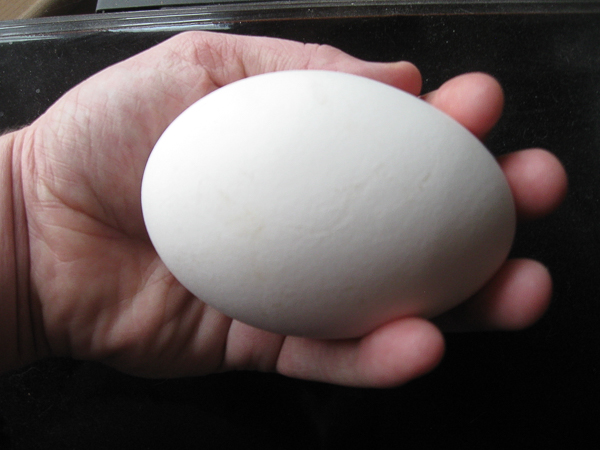
Geese are large water birds, and their young actually require more water during their extended development. Mother geese actually have to go out and moisten their breast feathers to keep their eggs moist. As a result, a goose egg is naturally a bit “wetter” than a chicken egg.
The white is thinner and doesn’t whip up to stiff peaks as easily.
The yolk, on the other hand, is much richer than a chicken egg. It’s larger and richer, with a thicker texture.
It also contains more cholesterol than a standard chicken egg. That means goose egg yolks make spectacular yolk-only dishes, like creme brûlée, pudding and fresh pasta.
Online conversions will tell you that the average goose egg is equivalent to roughly 3 chicken eggs. The egg pictured above is slightly bigger than that, but we’ll use its measurements for this comparison. The proportions of egg/white/shell are very different, as are the nutrient contents.
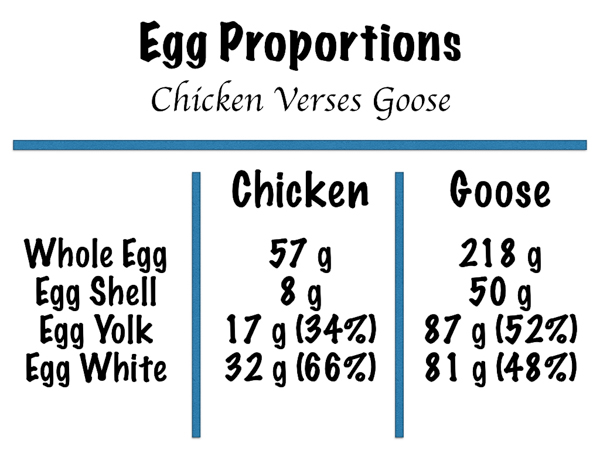
Chicken eggs are roughly 1/3 yolk, while goose eggs are slightly over 1/2 yolk. This extra yolk understandably makes the egg richer, but gram for gram, the goose yolk also contains more fat and cholesterol than a chicken egg.
You can see the difference in texture when you try to whisk a yolk of each side by side. The goose yolk is much thicker in texture.
The egg white proteins are also considerably different, and in my experience, goose egg whites do not whip well and result in watery baked goods that don’t hold together well when used in place of chicken whites.
As with chicken eggs, goose eggs vary dramatically in size based on the bird that laid them (age, species, etc). Goose eggs collected thus far from our flock of American Buff geese have varied from 114g to 218g. The average goose egg weighs roughly 150g.
Goose Egg Substitutions
What does this all mean for cooking with goose eggs? Depending on the size, you can substitute them for 2-4 chicken eggs, but keep in mind the differences in the fat and white.
They make very good custards, but horrible mousse. They also taste amazing as a fried egg, and if you can get the timing right, poaching makes for an impressive if not overwhelming sight when the yolk is popped over a bed of just about anything.
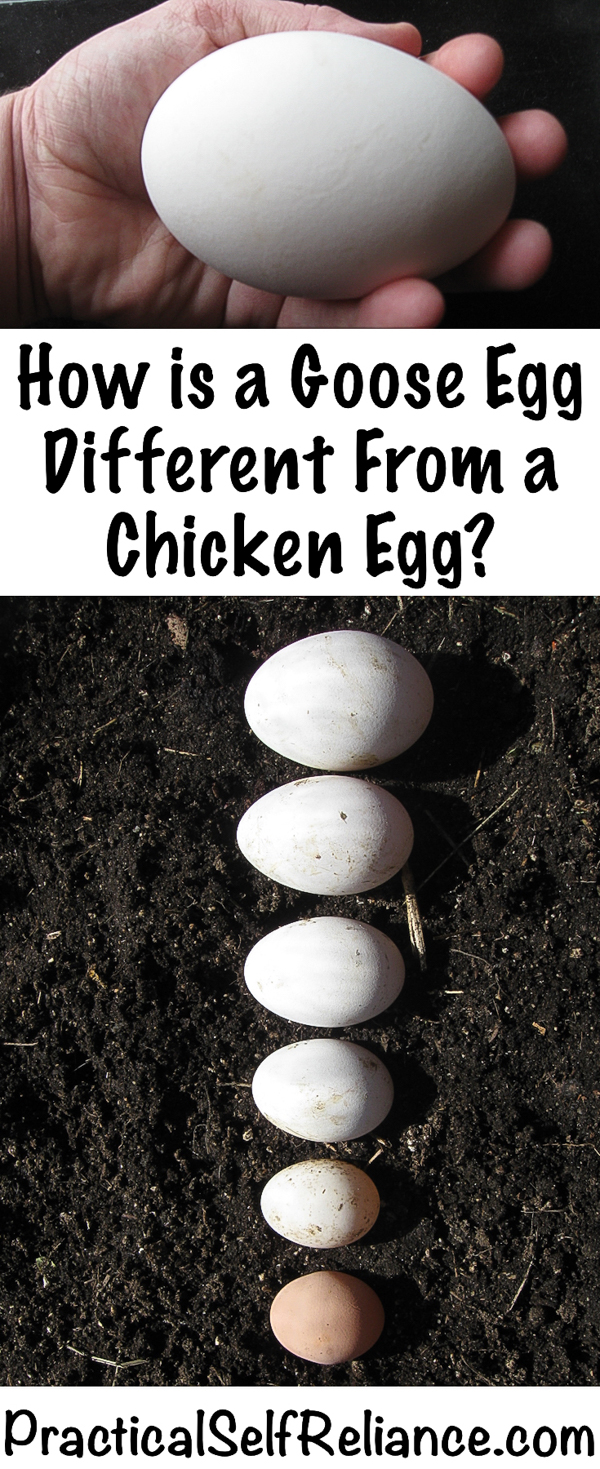
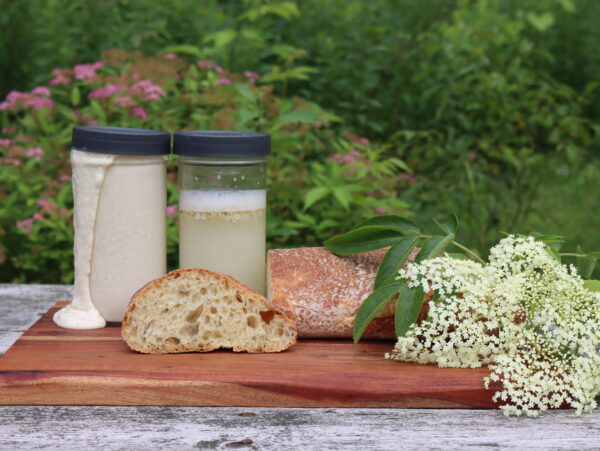
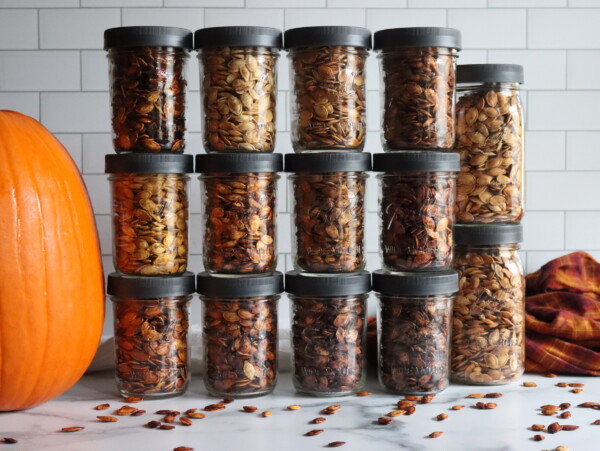

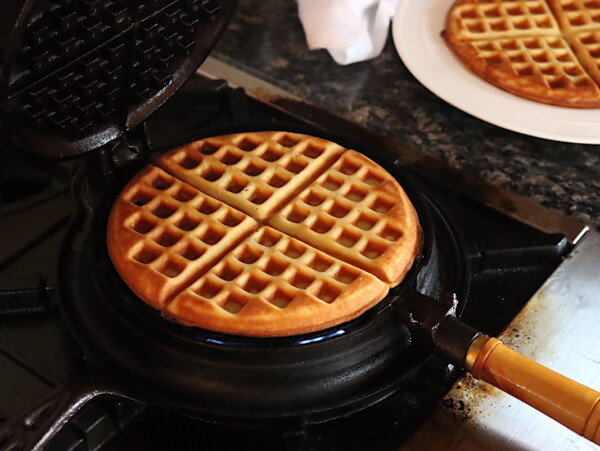





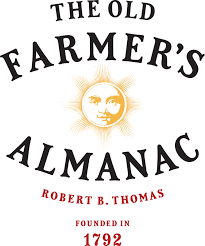

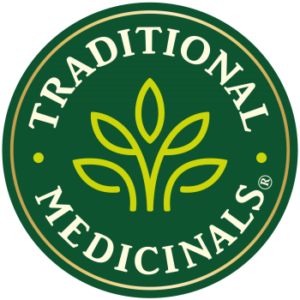

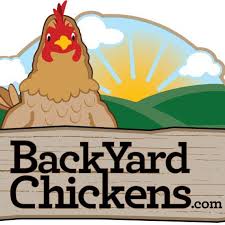
I have been eating goose eggs for sometime and find him very tasty especially an omelette. The eggs from my oldest daughters geese are about three times the size of a chicken egg. They do make excellent egg noodles when you combine them with flour and a pinch of salt!